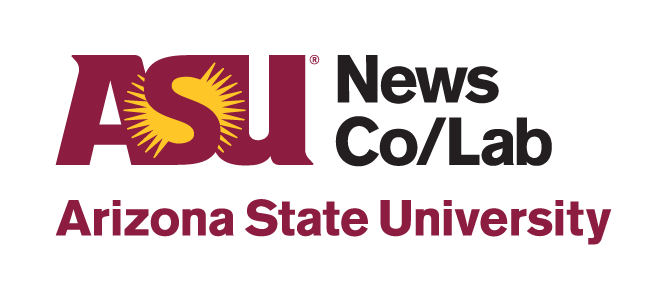
Building news savvy: Best practices
▸Transparency
Fact-checkers’ Code of Principles
WHAT IS IT?
The code lists five principles to guide organizations that ”regularly publish independent, reports on the accuracy of statements by public figures, major institutions and other widely circulated claims.” The principles: Be nonpartisan, fair, honest, clear and explain your sources, methods and funding. Duke Reporters’ Lab found 136 active fact-checking projects in 50 countries, with more than a dozen in the United States. The number has grown rapidly since 2015.


WHO’S BEHIND IT?
The International Fact-Checking Network developed the code in consultation with fact-checkers from around the world. The network, based at Poynter, uses the code to vet potential members. One approved member is the pioneering Politifact. (In line with the network’s code of principles, Politifact offers this explanation of its “Truth-O-Meter” process.) Politifact won the Pulitzer Prize in 2009 for its fact-checking during the 2008 election campaign.
DOES IT WORK?
Director Alexios Mantzarlis says the network, with more than 40 member organizations in 27 countries, is just beginning to track impact. As researchers try to define the fact-checking that works best, a 2014 study of 2,100 legislators in nine states found that the mere existence of fact-checking can matter. When reminded that untruths could be exposed by Politifact, legislators were less likely to make questionable statements than their peers.


HOW TO DO IT
Any news organization can choose to follow the code of principles. Organizations regularly doing fact-checks can apply to the International Fact-Checker’s network through this process, which includes vetting by experts using this list of requirements. Facebook recognizes only fact-checkers who abide by the code.

